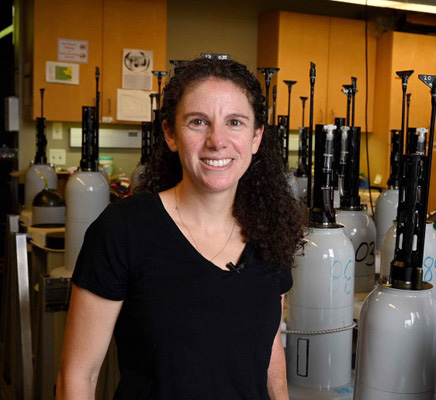
Department Seminar: Sarah Purkey
Title: Observations of the Deep Meridional Overturning Circulation
Abstract: The Meridional Overturning Circulation (MOC) plays a significant role in climate by regulating the rate of communication between the surface and interior ocean, thus controlling rates of oceanographic anthropogenic heat and carbon uptake. The deep and bottom limbs of the MOC are characterized by (1) dense water formation at high latitudes and (2) diapycnal mixing that allows dense water to upwell and return poleward. Here we use new observations to explore both aspects of the MOC, in addition to assessing its variability. First, we use a data-driven temporal reconstruction of transient tracer concentrations (CFCs and SF6) to investigate decadal variability in deep water formation rates. Second, we use an unsupervised learning model to identify spatial variability in the downscaling of energy that drives mixing, with implications for the use of finescale parameterizations to estimate mixing in the deep ocean.
